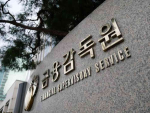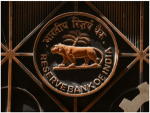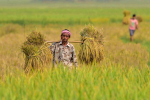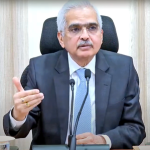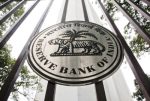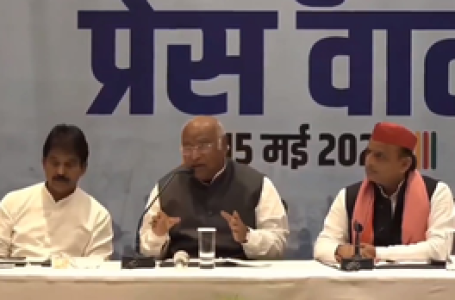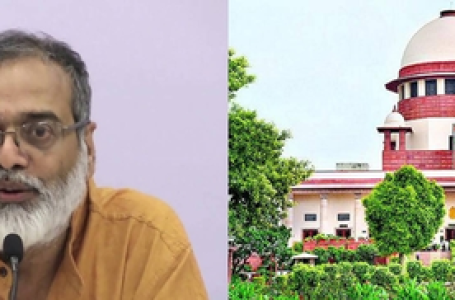July 7, 2019
New Delhi: Upset over the five per cent customs duty proposed on imported books, an association of Indian publishers and book sellers is planning to meet government officials to highlight their problem areas and also stress that books are part of free flow of knowledge and culture and should be made more accessible.
Most of the books imported into India are sought by students or those in the engineering, medicine and technology areas and are anyway expensive. A five per cent customs duty will make them costlier, they feel.
“The upfront customs duty on imported books will deter importers from procuring expensive and high level research books sought by top research institutions. Till now, these books were coming in large numbers — catering mainly to IITs, premier central and state universities, and highly respected research laboratories, particularly those set up by the Central government, like CSIR, ICAR, DST, Dept of Atomic Energy, etc, where libraries are an important resource centre for accessing high level research material from all over the world,” Raj Mirchandani, Managing Director, Capital Books Delhi, told IANS.
According to Mirchandani, who is an executive member of the Federation of Publishers and Book Sellers Association of India (FPBA), those importing foreign publications work on “very low margins for supplying to institutions which have in recent years laid down strict economic conditions for supply, like high discounts, earnest money for vendorship etc.”
He said it would be impossible for importers to pass on the additional burden of customs duty to the customer as books are supplied generally on printed or catalogue price. “This burden will fall on the importer’s shoulder and it looks difficult for them to carry and will lead to other consequences,” he added.
According to Bipin Shah, Managing Director of Mapin Publishing, which deals with high quality illustrated books on art and culture, the proposal of slapping customs duty on imported titles was “not thought through properly” and the government “did not make an effort to find out the woes of the publishing industry”.
Finance Minister Nirmala Sitharaman said the move was aimed to benefit the domestic publishing industry.
Shah said the growth of the Indian publishing industry – with fiction, non-fiction, children’s books – “has been phenomenal at 15 per cent a year and text books too have seen phenomenal growth”.
Listing one of the major problem areas, Shah told IANS that banks don’t see publishing as an industry and therefore do not give loans.
“Even the trade works differently in the case of publishing. For example, if a manufacturer sells a product he or she gets paid in 30 days, but in book publishing the payment does not come before 150 days. And if the book does not sell, the shop owner returns the books.”
“The imported books are in demand in the research and development sector, at the Post Graduate level, for engineering, medicine – and India does not produce many books at that level,” Shah said, adding that the idea of taxing was “senseless, not thought through”.
He also did not think the five per cent duty would deter anyone from buying an imported book. “And it is not that someone who would purchase an imported book, that earlier cost Rs 1,800 and now costs Rs 2,000, will not buy it now,” he added.
According to Mirchandani: “The holistic state philosophy of free flow of information has transformed India into a leading research centre in Asia in several niche areas of science and technology. The logic, that by taxing imported books indigenous publishing will grow, does not stand to reason. The most important aspect of publishing is content, which is derived from high class research and comes from many resources, and the most economical being the availability of imported books authored/edited by some of the top scientists and academics, including Nobel laureates who are associated with world class research and academic institutes.”
K.P.R. Nair, Managing Director Konark Publishers, said that books are part of the free flow of knowledge between countries. “Indian text books are in demand in African countries. They prefer to read Indian educational books. If you apply customs duty in India, they might do it too in their country, which would affect Indian publishers in turn,” Nair, a veteran in the publishing arena, told IANS.
Some publishers, who did not want to be quoted, said that one possible reason for the customs duty could be that some Indian publishers while visiting foreign book fairs were reportedly over-invoicing their imports into India. They felt if the government wanted to crack down on this aspect, they should adopt some other method, and not by imposing customs duty.
While worried FPBA members plan to meet HRD and Culture Ministry officials in charge of books over the customs duty, conversely the Federation of Indian Publishers (FIP) has welcomed the Finance Ministry proposal.
Earlier, well-known feminist writer, publisher and author Urvashi Butalia, who is co-founder of Zubaan publishing house, said the government needs to think of the domestic publishing industry “holistically” in order to help it grow.
She felt if the government wants to help the publishing industry then there are other ways to help — like making paper cheaper. “The cost of paper has gone up so many times in the last 10 years that it is getting more and more expensive to print books,” she said.
Butalia also said that helping publishers participate in book fairs, assistance in book distribution and providing library grants would be important measures.
Another aspect hurting the publishing industry is the 12 per cent reverse goods services tax (GST) imposed on royalties paid to authors by the publishers, which reduces the margins of the latter.
“India has always had an open import policy for books of educational value – with the idea that knowledge should circulate freely. Readers too have the right to access books of knowledge, and the budget should also respect the reader’s right by keeping books cheaper. Book shop owners too need to be kept in the picture,” Butalia said.
IANS




